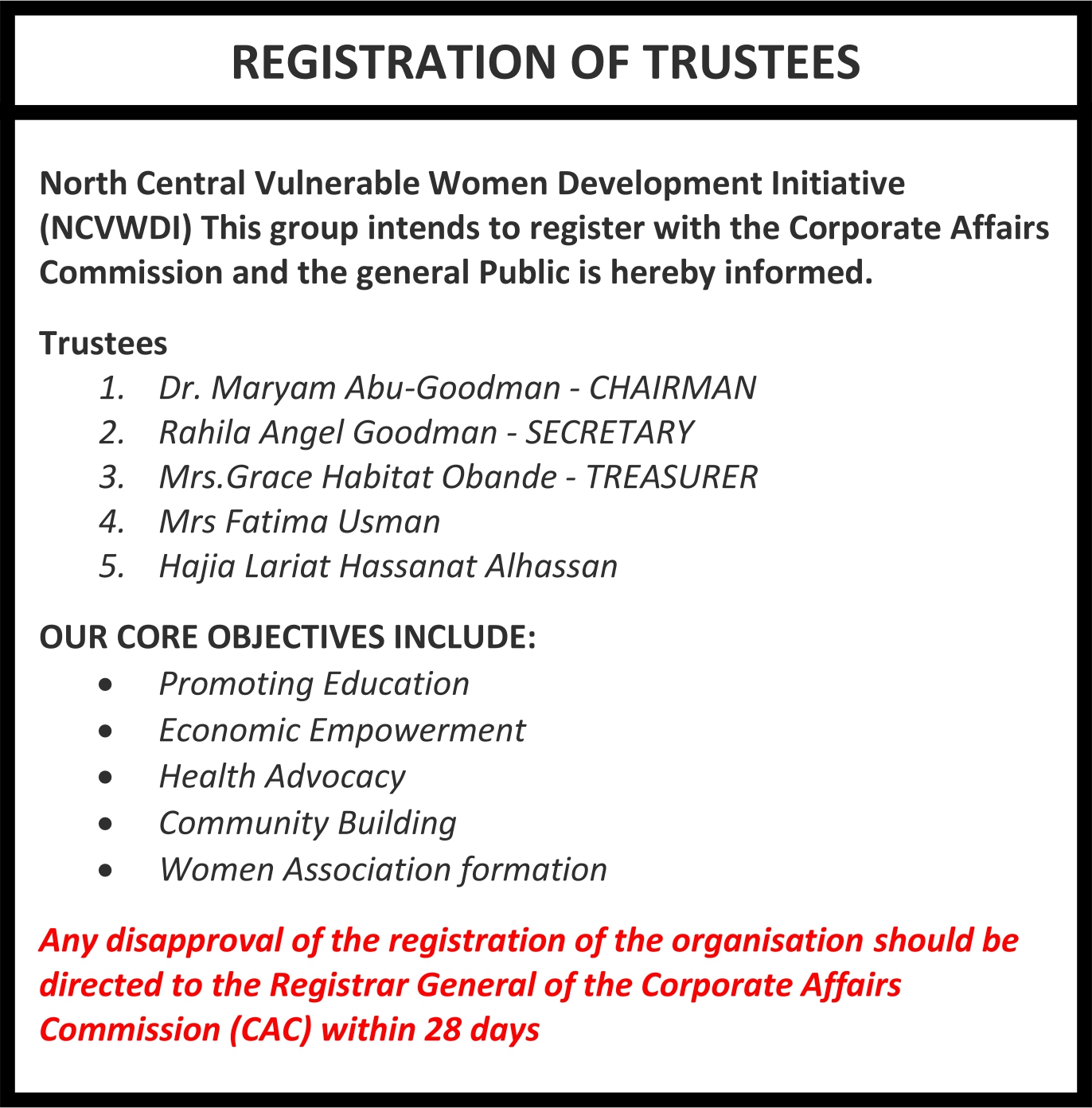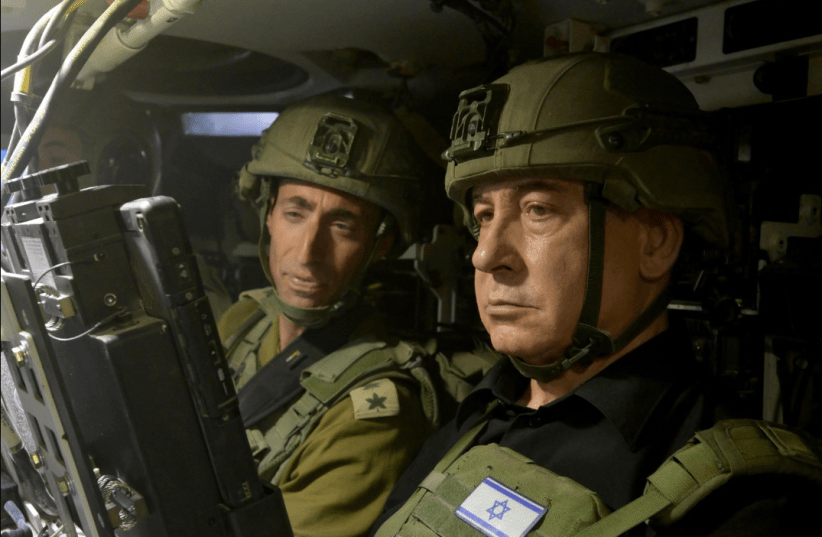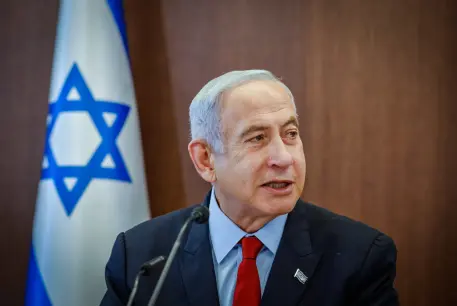Foreign
‘We’re still in the eye of the storm,’ Netanyahu says amid Lebanon ceasefire deal hopes

Netanyahu spoke on a day that seven civilians were killed in the north by Hezbollah fire and a month into Israel’s revved-up military campaign.

Israel is “still in the eye of the storm,” Prime Minister Benjamin Netanyahu said amid increased hope that a ceasefire deal with Hezbollah in the north might soon be in reach.

“There are still great challenges ahead,” he told soldiers at an officer’s graduation ceremony after meeting with US envoys Amos Hochstein and Brett McGurk, who are in the region to advance a deal to end the year-long IDF-Hezbollah conflict.
Netanyahu has given a nod in the direction of a deal but has clarified that Israel’s security rests ultimately on the IDF’s military might.
He clarified to Hochstein and McGurk that any deal must allow the military freedom to thwart any threats from Lebanon. Later in his speech to the soldiers, he underscored this point.“I want to clarify that with respect to an agreement with Lebanon,” he said, “the agreements, the papers, the proposals, the numbers (1559, 1701) – all these have their place, but they are not the main thing,” he said.
“The main thing is our ability and our determination to enforce security, thwart attacks against us, and act against the arming of our enemies as much as necessary despite all the pressures and constraints – that is the main thing,” he said.

Prime Minister Benjamin Netanyahu addresses the United Nations General Assembly last month. (credit: EDUARDO MUNOZ / REUTERS)
Israel wants to maintain the ability to re-enter Southern Lebanon if necessary and to conduct aerial strikes against Hezbollah’s infrastructure.
Netanyahu spoke on a day that seven civilians were killed in the north by Hezbollah fire and a month into Israel’s revved-up military campaign against the Iranian proxy group.
It has included the IDF’s entry into southern Lebanon and the bombing of Hezbollah targets in Beirut, including the assassination of leader Hassan Nasrallah.
IDF seeks to push Hezbollah back from border
Its objective has been to push Hezbollah out of the southern Lebanon area by Israel’s border and to the Litani River as mandated by UN Security Council Resolution 1701. It has, in particular, targeted Hezbollah terror infrastructure by the border.
Sources previously told Reuters that talks were centered on a 60-day pause to allow for the implementation of UN Security Council Resolution 1701, which would entail Hezbollah withdrawing its armed presence from south of the Litani River.
The US and Israel have spoken about the necessity of ensuring that any deal would include a mechanism for the implementation of Resolution 1701. That Resolution, which set the ceasefire terms that ended the Second Lebanon was actually never implemented.














